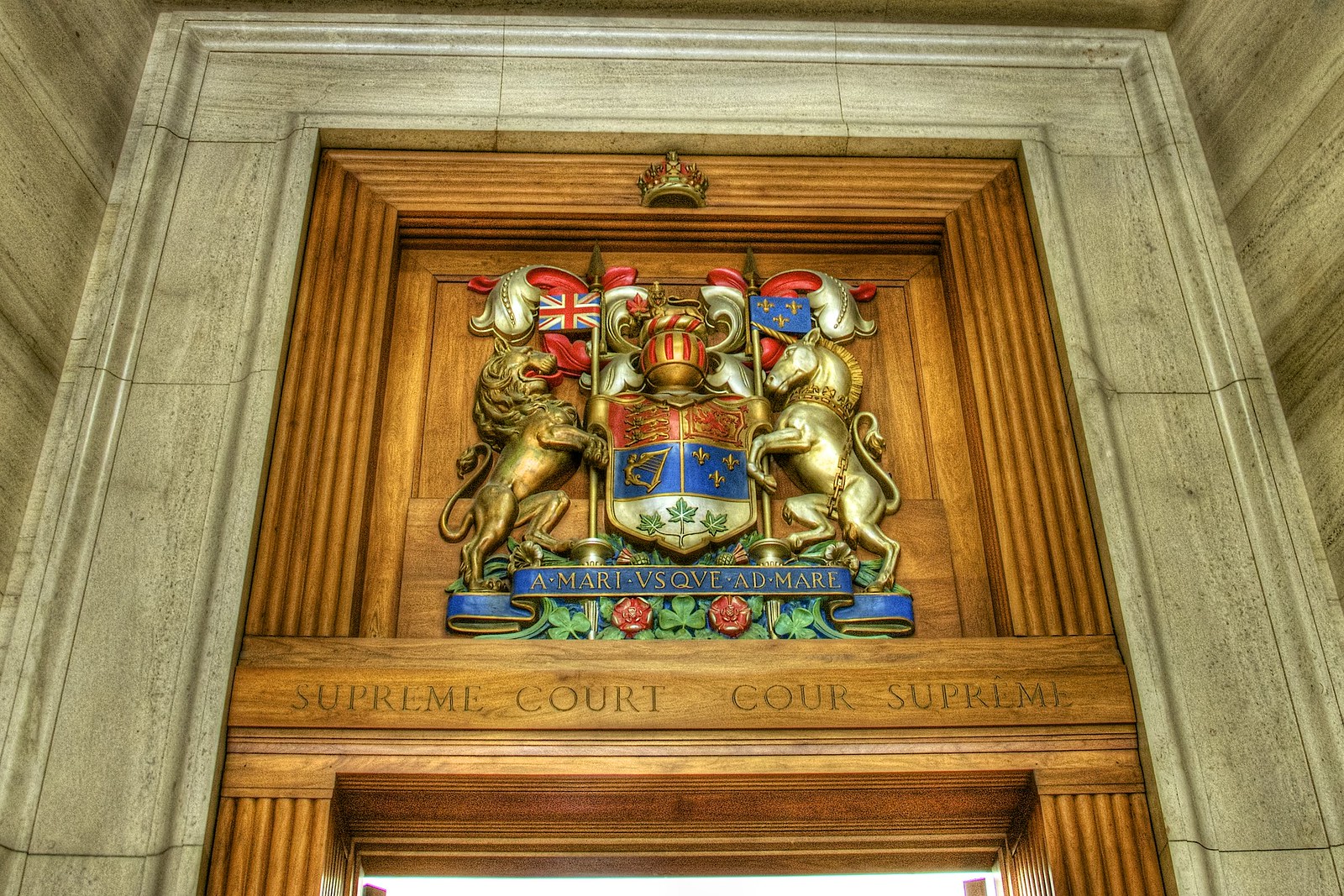THE OTTAWA CITIZEN – Wait — what did I just ask? How in Heaven’s name can anyone suggest that terrorism, the violent phenomenon we have had on the brain for two decades now — and which is showing no signs of waning — should not be in the code?
Furthermore, how can someone who worked in counterterrorism in Canada for CSIS for 15 years, and who has written six books on the subject since 2015, think this is a good idea?
Simple. Terrorism has become a heavily politicized issue that is applied haphazardly in law and is not necessary as a specific charge to ensure that those who plan and/or execute serious acts of violence for political, religious or ideological reasons spend a long time behind bars.
First, a bit of history
Terrorism has not been an offence under the Criminal Code for very long. It was shortly after Sept. 11, 2001 that the Anti-Terrorism Act was passed. Prior to that, acts which most would agree were terrorist in nature were prosecuted using other offences: The FLQ terrorists were charged with kidnapping, while the Air India terrorists were found guilty of manslaughter. The decision to encode terrorism was a rushed one (as was the decision to list the Proud Boys as a terrorist entity after the Jan. 6 attack on the U.S. Capitol).
Second, finding someone guilty of terrorism does not usually lead to a longer sentence than that for murder. Interestingly, if a given crime is construed as a hate offence, rather than a terrorist one, there is precedent for condemning someone to more time in prison.
Third, it is hard to demonstrate that a given act is indeed terrorist in nature. The Crown has to to prove one or more of a political, religious or ideological motive (and what constitutes an “ideology”?). The same is not true for murder, for example, where it is merely necessary to demonstrate the act occurred. Why make a court case more difficult to win when the end result is the same vis-à-vis sentencing?

Why bring this up now?
A few cases have arisen in which the decision (not) to lay terrorism charges smacks of political opportunism:
— A woman who joined ISIL and is now back in Canada has NOT been charged under section 83.01 of the Code despite the fact that ISIL is a listed terrorist entity in Canada;
— An Edmonton man was found guilty of five counts of attempted murder for a series of car rammings in 2017: he had an ISIL flag in his car at the time and was, in all likelihood, an ISIL wannabe.
In contrast:
— A London man who ran over and killed four members of a Muslim family in his vehicle last summer has been charged with terrorism although on the surface a charge of first-degree murder with a possible hate angle would be more effective. (Note, Alexandre Bissonnette was never charged with terrorism for his heinous attack on a Quebec City mosque in January 2017 in spite of its close similarities to the London vehicular attack. Both strike me more as hate crimes than terrorism);
— A Toronto man who stabbed one woman to death in a massage parlour in 2020 was charged with “incel” (involuntary celibate) terrorism although it is far from certain that this type of violence is terrorist in nature.
In other words, the decision by the Crown to lay terrorism charges seems to have little to do with whether the acts themselves constitute terrorism and more with the “message” the Crown/ government wants to deliver. It certainly appears to me that some kinds of “terrorism” are currently more fashionable for prosecution than others in Canada (for instance, so-called “right-wing” terrorism).
All this flies in the face of the fact that on a global scale, one form is by far more prevalent than any other: Islamist terrorism (I do not use the bureaucratic term “Ideologically Motivated Violent Extremism” favoured by the Trudeau government, a phrase that was non-existent when I worked counter-terrorism in the 2000s and 2010s).
We have historically been able to prosecute those who committed acts which most of us would indeed call terrorism using other longstanding parts of the Criminal Code for 134 years; for instance, Thomas D’Arcy McGee was the first terrorist victim post-Confederation, in 1868 (his attacker was hung for murder). Given the shameless politicization of the term “terrorism” and its nebulous impact on ensuring that the guilty incur appropriate punishment, it is time to excise it from the code.
Note that a decision to do so would have absolutely no impact on the ability of CSIS and the RCMP to investigate: CSIS’s ability to look into terrorism has been part of the agency’s mandate since its creation out of the former RCMP Security Service in 1984. The only time this term is legally relevant is when charges are laid.
We have arrived at a stage in Canada where the term “terrorism” is used to cover phenomena it should not. When everything is terrorism, nothing is.
Read More About the Canadian Criminal Code

Terry Fallis – A fictional Canadian terrorism plot by a leading Canadian writer
Episode 118 – Borealis talks to Terry Fallis, award-winning Canadian writer and author of the bestselling Operation Angus.

Dan Stanton – Just how important is counter intelligence these days?
Episode 117 – Phil has a discussion with veteran CSIS investigator Dan Stanton

Is it time to drop terrorism from the Canadian Criminal Code?
When terrorism is applied to all kinds of criminal offences perhaps it is time to remove it from the criminal code: charges can be laid in other ways.


